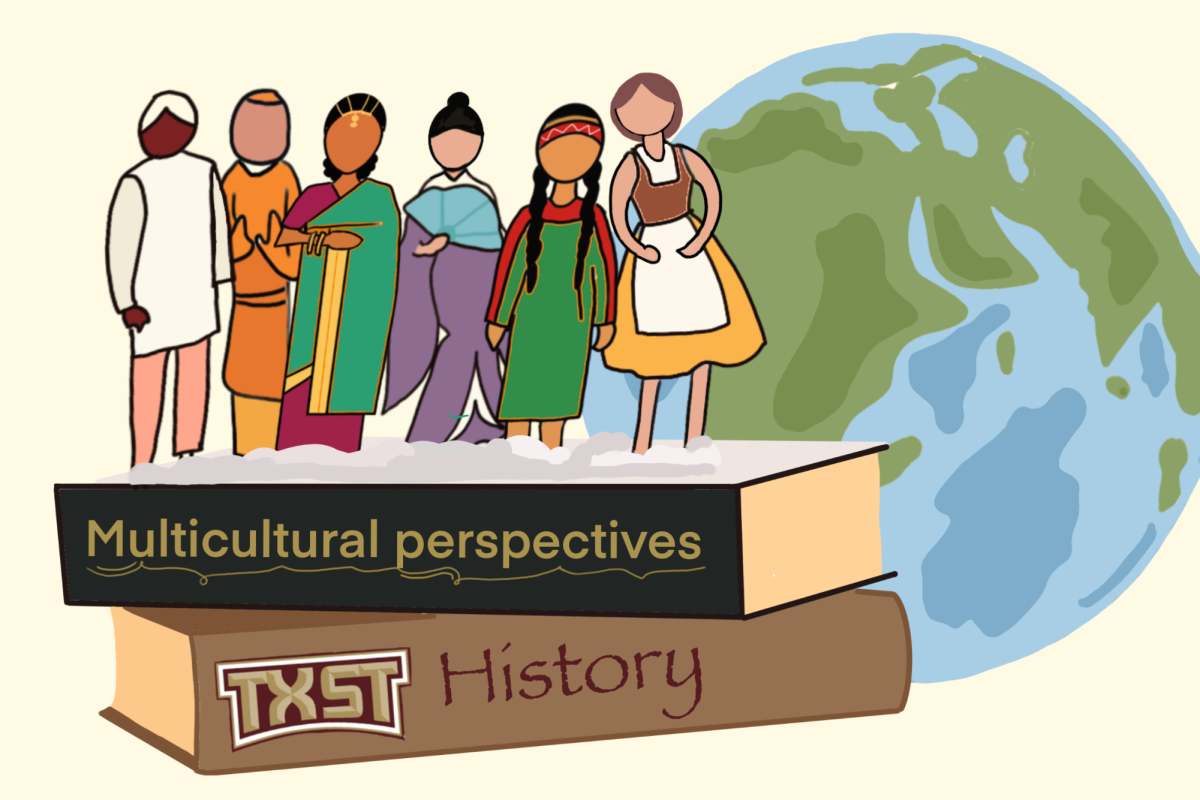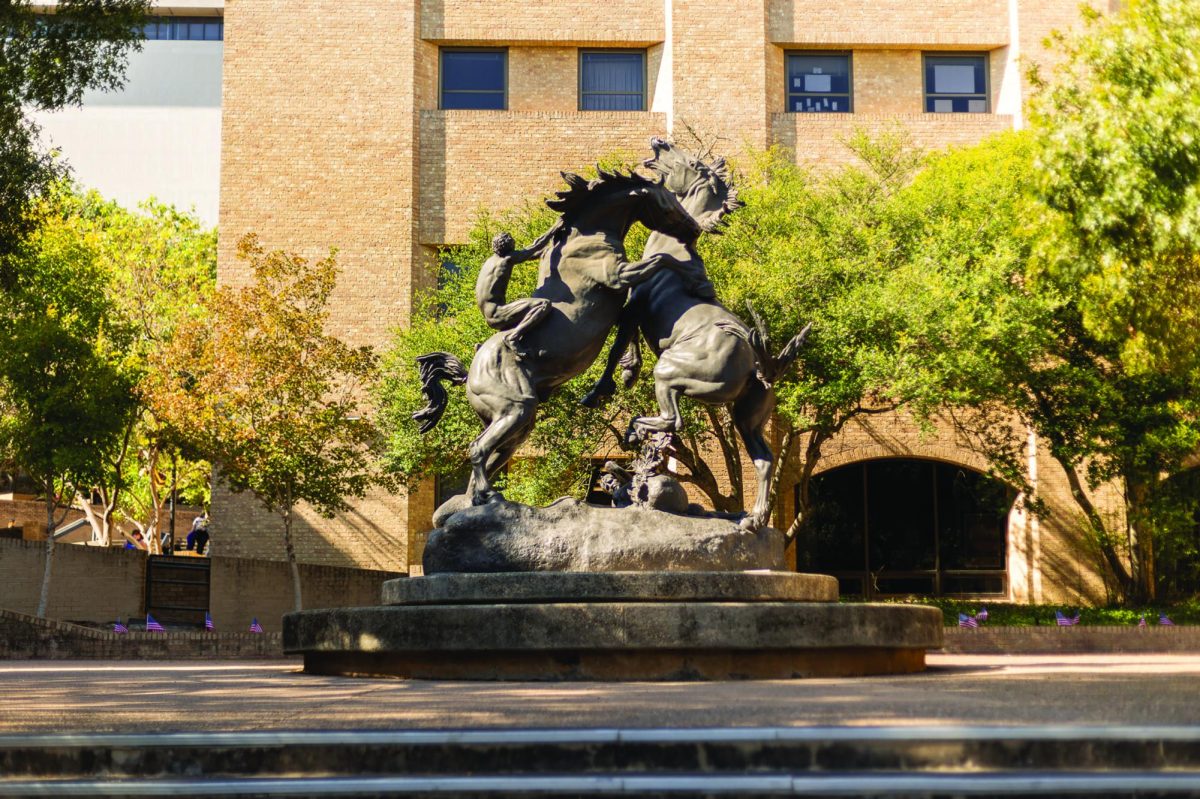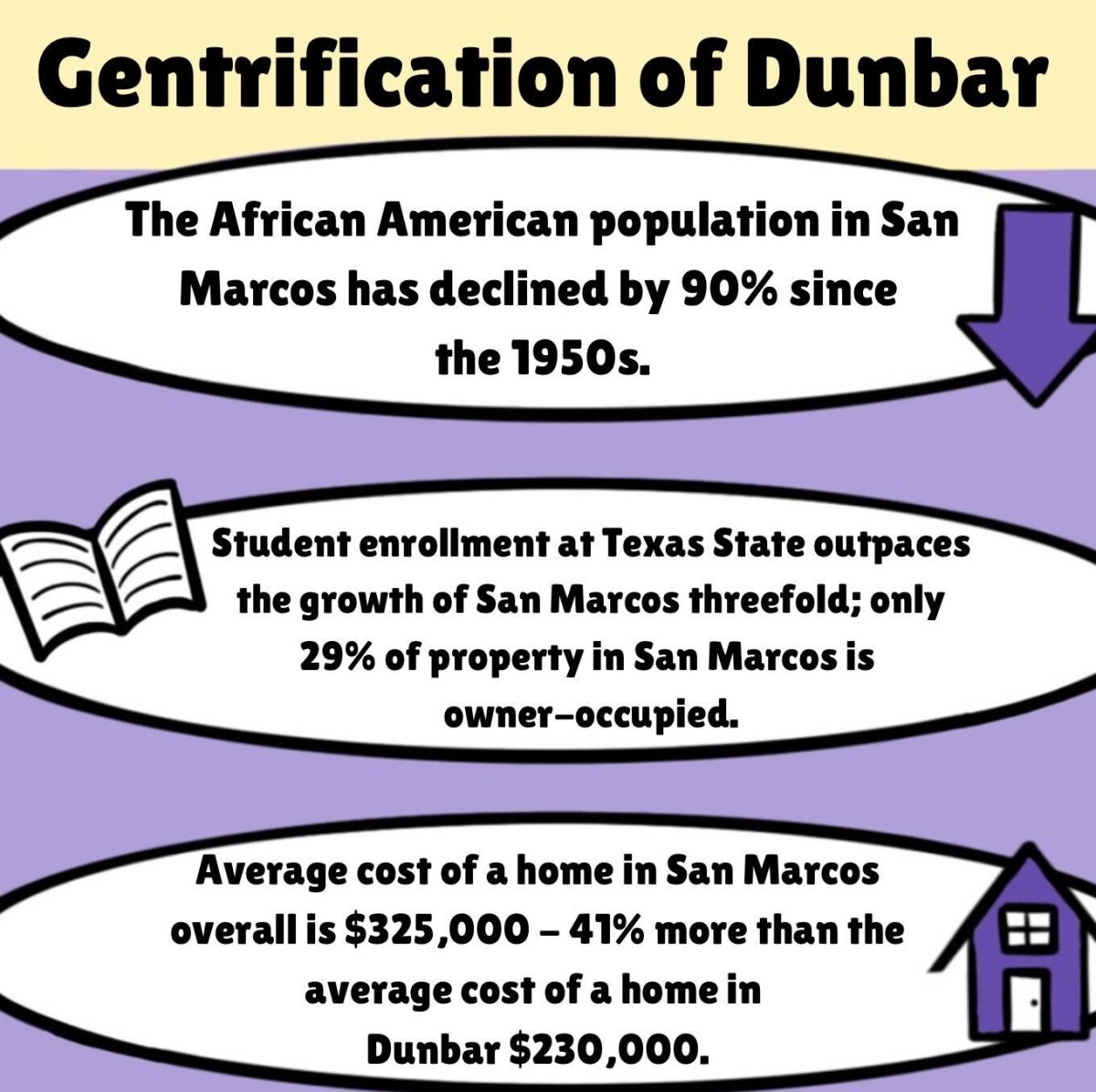Many of the 2020 Democratic candidates are running on very similar platforms. Free college tuition has become a reoccurring theme nearly every candidate has touched on, but it would be a tremendous mistake to implement this policy. While never having to be in debt after college would be nice, the cost would not outweigh the benefit, ultimately hurting society as a whole.
A major issue resides in the high cost of taxes associated with a free college program. Estimates of the program costs could range anywhere from 47 billion to a trillion dollars. While politicians like Bernie Sanders swear up and down the average middle-class American will not pay a dime, the reality is this demographic of people will more than likely shoulder the brunt of the burden.
Education is paid for by property taxes in most places, and when other tax plans fail to cover another spiraling government program, it will likely fall on the average everyday American, many of whom never got the chance to attend college to cover this burden. Not only is this a fairness issue, but less money in consumer’s pockets leads to a slowdown in economic growth, resulting in hurting more people than free tuition can help.
Additionally, free tuition programs lead to the devaluation of degrees. This has already occurred to the bachelor’s degree, which is now a baseline qualification for most non-trade jobs.
The simple fact is the more people that get degrees lead to the less unique they become, leading people to compete with a significantly larger pool of individuals for the same positions. There are only so many professional jobs to go around. Not everyone can be doctors, lawyers or even mid-level management. Free college tuition would teach everyone they need to achieve such jobs to be successful.
Not only will people inevitably fail to reach these goals, but it can drive wage stagnation in such positions. Companies can justify lower wages if there are high numbers of individuals competing for limited positions. This pushes people out of vital trade jobs that are absolutely necessary for growth. Similar licensing and training programs are underutilized and this discrepancy will only continue to grow.
Additionally, the reduction of quality at universities will deplete. For example, Germany has a robust free college system, but many of their schools fall behind. These free schools have next to no amenities and very limited on-campus housing, forcing many students to move into pricier apartments off-campus, leading into the making of these apartments more expensive and overpriced.
Professors are generally underpaid across the German system and class sizes routinely top over 1,000 people stuffed into Cold War-era classrooms. Many colleges in the U.S. are far nicer but students and their parents pay more to live with these luxuries. A good portion of colleges in the U.S. have realized in order to convince students to attend their institutions, they need to be able to offer these extra amenities. With free college, it becomes uncertain how much of the current system can remain.
Texas State has already dealt with overcrowding issues. The constant construction to stay ahead, the systemic problems with buses and parking and the ever-growing class sizes would only be exacerbated with a free college system.
No doubt education is a right, but for those unable to afford college, there are countless programs to aid students. Free college is still extra money out-of-pocket and out of reach for lower-income families; this ends up being a subsidy for the generally wealthier class. As nice as free tuition is in theory, do not take the short cut and get out of loans, as this will just to hurt others in the long run.
– Jordan Drake is communication studies senior
Free college for all is a bad idea
July 10, 2019
0
Donate to The University Star
Your donation will support the student journalists of Texas State University. Your contribution will allow us to purchase equipment and cover our annual website hosting costs.
More to Discover














